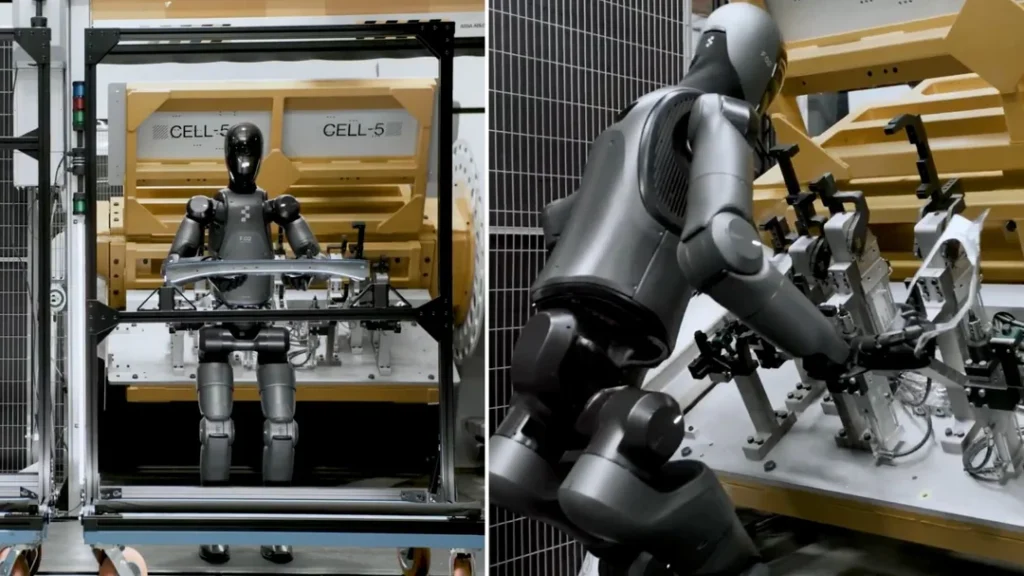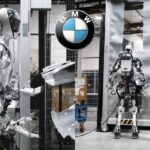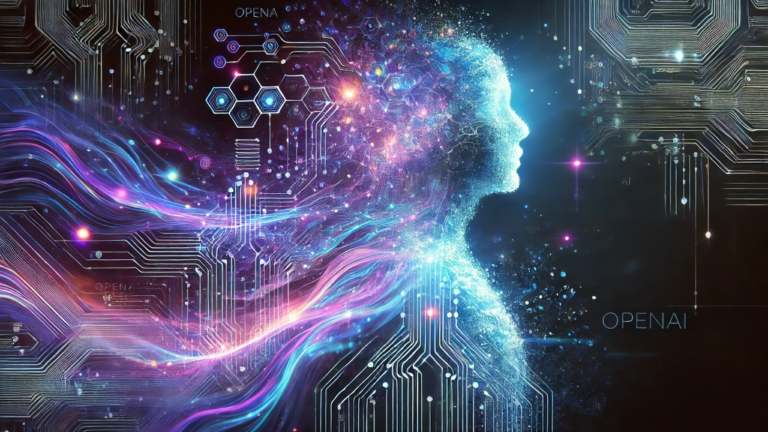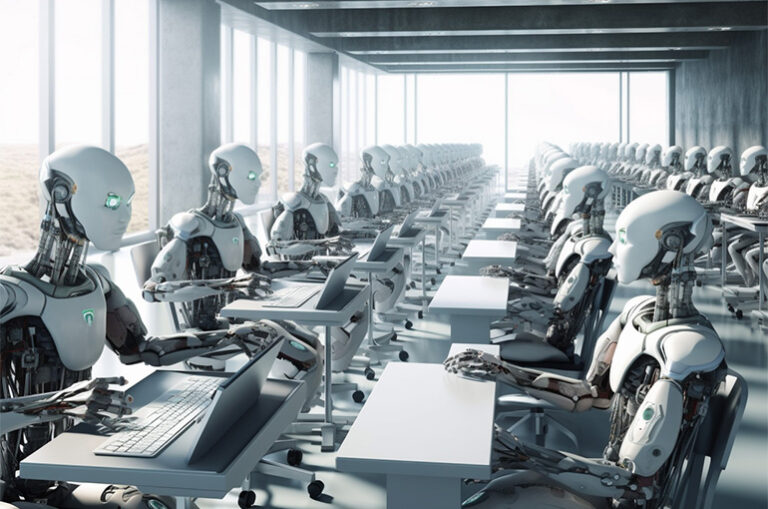
🤖 Meet the Future of Manufacturing: BMW’s Self-Thinking Robots Are Here
BMW just pulled off something that sounds like science fiction: it has introduced self-thinking robots, powered by a cutting-edge AI model called Helix, that are now working alongside humans in its production plants.
This marks one of the most radical shifts in automotive manufacturing history. These machines aren’t just programmed—they’re intelligent agents capable of analyzing, deciding, and evolving.
Forget the old-school industrial arms. These are robots that think for themselves, and they may very well redefine how every major automaker builds cars in the near future.
🧠 What Is Helix AI and Why It Matters
Helix AI is an advanced self-learning artificial intelligence system developed to give robots autonomy. Unlike traditional automation, Helix allows BMW’s robots to:
- Perceive their environment in real time
- Make decisions based on unpredictable variables
- Reprogram themselves without human input
- Collaborate with human engineers and other robots

This is a leap from automated to autonomous—machines that adapt, evolve, and correct themselves during production.
BMW isn’t just streamlining manufacturing—it’s building a neural network of robotic intelligence that grows stronger with every cycle.
🔁 Goodbye Assembly Line, Hello Autonomous Line
These AI-powered robots are already active in BMW’s Munich and Spartanburg plants. They’re performing tasks that once required human intuition—identifying manufacturing defects, adjusting torque levels, and even navigating around obstacles without guidance.
The robots also share their learnings with each other through the Helix cloud, meaning improvements in one location are instantly synced across the entire network.
This decentralization of intelligence brings BMW closer to a fully self-optimizing factory—a concept that was nearly unimaginable just five years ago.
🛑 The Big Question: Will Robots Replace Human Jobs?

BMW claims otherwise. According to their official statement, “Helix AI is not replacing human jobs; it’s enhancing them.”
These robots are taking over repetitive, dangerous, or highly precise tasks, freeing up human engineers to focus on innovation, design, and quality control.
Still, the ethical debate is growing louder. Experts like those at Oxford AI Ethics Institute argue that mass AI adoption in manufacturing could lead to long-term labor displacement, especially in developing countries.
🌍 BMW’s Bigger AI Vision: The Helix Ecosystem
This isn’t a one-off initiative. BMW is building an ecosystem of intelligent robotics, not just for manufacturing, but potentially for:
- Logistics optimization
- Sustainable energy management
- Autonomous vehicle support systems
- Real-time analytics of supply chains
By embedding Helix AI into every layer of its operations, BMW is positioning itself as a frontrunner in AI-driven industry 4.0.



Không biết có ai giống mình không, chơi tai win 79 cứ như bị dính bùa